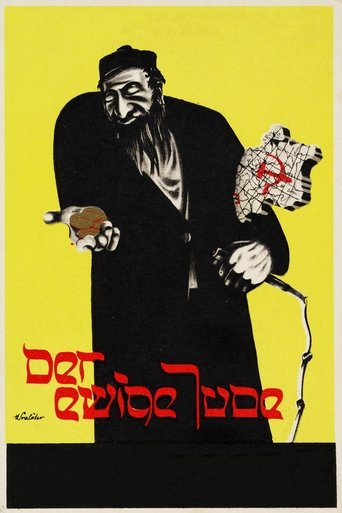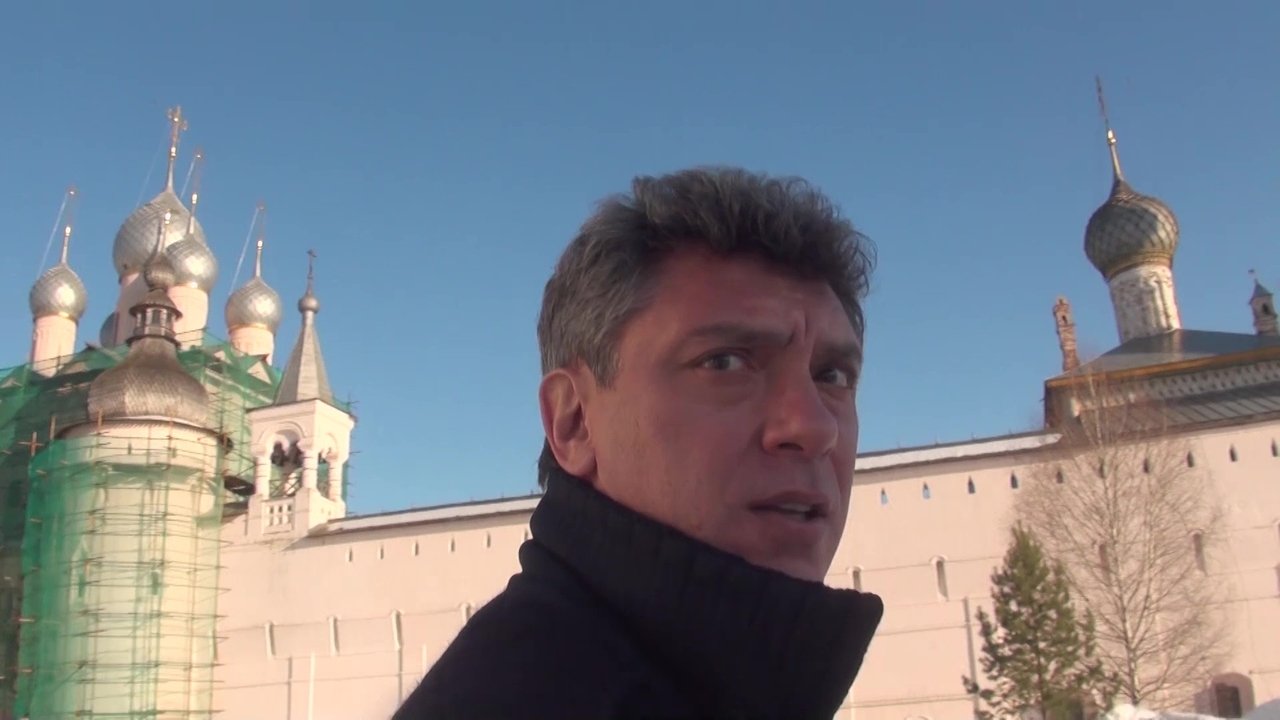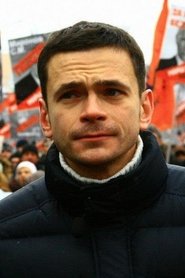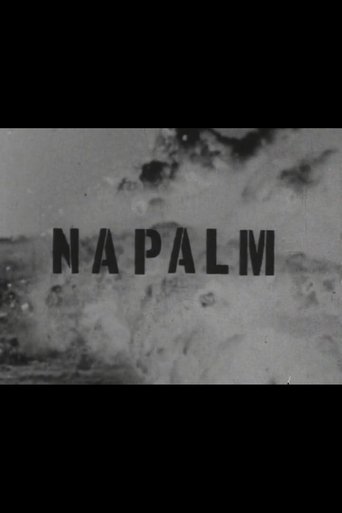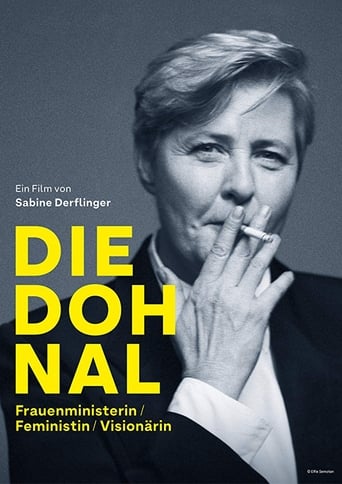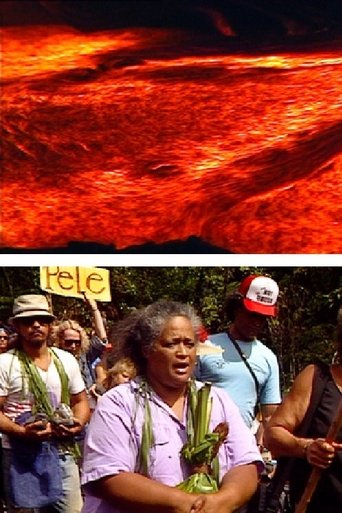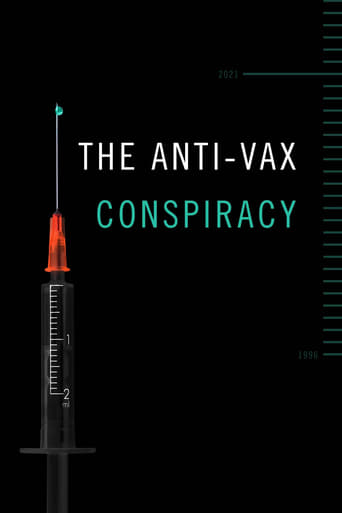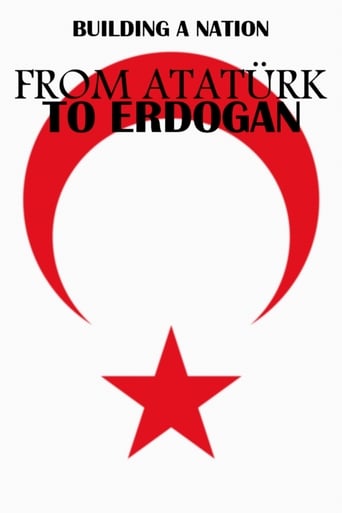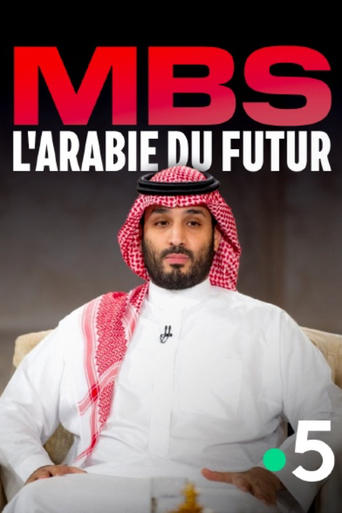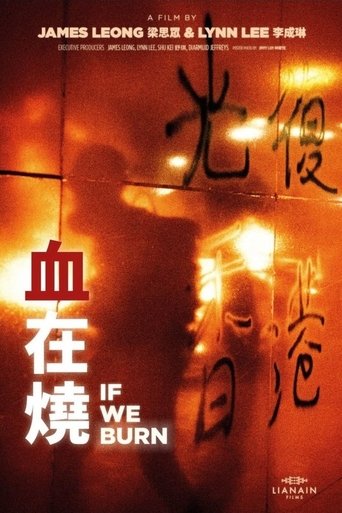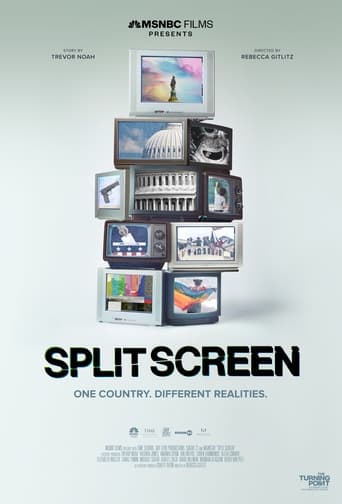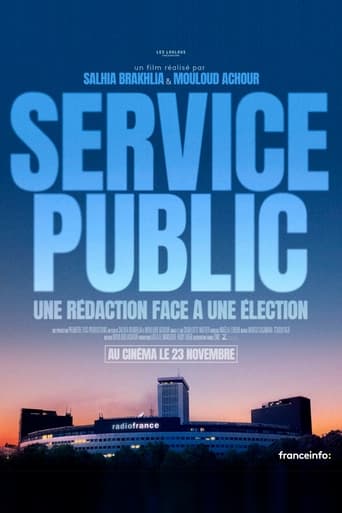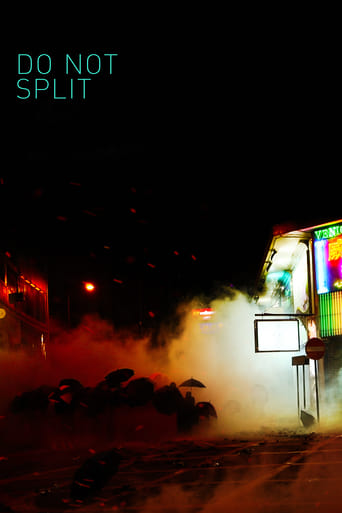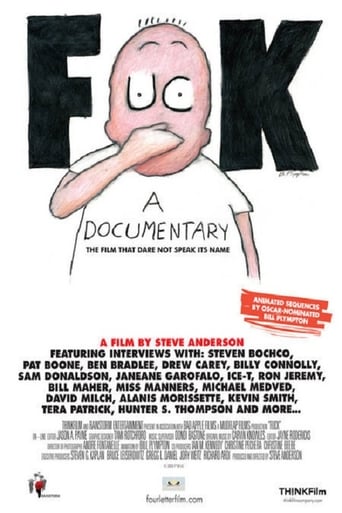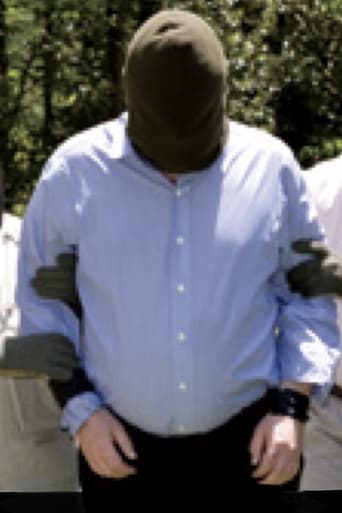
Christopher Hitchens: Believe Me, It's Torture
When the renowned author, orator and journalist Christopher Hitchens was challenged to undergo the brutal interrogation technique known as waterboarding, few would've expected he'd accept such a task - he had previously expressed the position that the controversial procedure would not qualify as torture, and most who'd claim such a thing would not have the courage to test their convictions. Yet, in May 2007, Hitchens did just that - and his experience profoundly impacted both himself and his stance on the matter, prompting him to declare he'd been wrong, and later to publish his 2008 article for Vanity Fair's August issue, simply titled 'Believe Me, It's Torture'.
